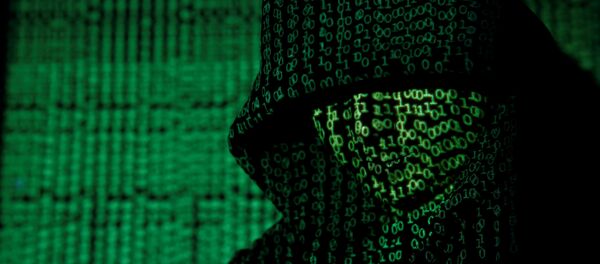The China Daily added that the link that clearly exists between some US computer programs and the latest global cyber attacks is adding urgency to China’s effort to replace foreign computer software with its own.
In an interview with Sputnik China, Andrei Masalovich, a former specialist at Russia’s Federal Agency of Government Communications and Information (FAPSI), said he fully shared this opinion.
“The NSA is developing computer malware and has been sloppy enough to have some of this their cyber-weapons stolen from them. The attack on personal computers, based on Windows 8.1 and 10, looks very suspicious to me because they have no need for the module that the hackers used to break in. Microsoft still installed these modules in the PCs and activated them. This means that the module’s sole purpose is to give intelligence agencies and hackers a chance to get inside the people’s personal computers,” Masalovich noted.
He said that amid the current US allegations that North Korea could have been behind these cyberattacks, Washington might be tempted to launch a missile attack against Pyongyang.
Andrei Masalovich underscored the need for a concerted international effort against cybercrime. While acknowledging the importance of consultations between the US and China, he said that they are unlikely to be able to solve the problem given the two countries’ diametrically different interests in this area.
“On the one hand, each time cybercrime gets out of control, the government feels the need for a concerted international fight against this evil. On the other hand, in places where the authorities let some non-governmental groups use cyber-weapons in the interest of the state, they will hardly be willing to cooperate with anyone,” he noted.
On Tuesday Moscow urged Russian and US computer experts to start a dialogue on how best to combat cybercrime.
The unprecedented global cyber attack that began on Friday May 12 has reportedly infected hundreds of thousands of computers in more than 150 countries and regions, including China, where around 30,000 institutions such as universities and gas stations have fallen victim to the WannaCry ransomware, The South China Morning Post reported.
Wang Xiqaofeng, a US affairs expert at Fudang University in China, believes that the existing threats to global cybersecurity should encourage the UN and its member-states to join hands in dealing with this problem.
“I hope that China, the United States, Europe, Russia and other influential forces will be able to put their anti-cybercrime emergency groups to work and start dealing with the problem together,” Wang Xiqaofeng told Sputnik China.
Never miss a story again — sign up to our Telegram channel and we'll keep you up to speed!





